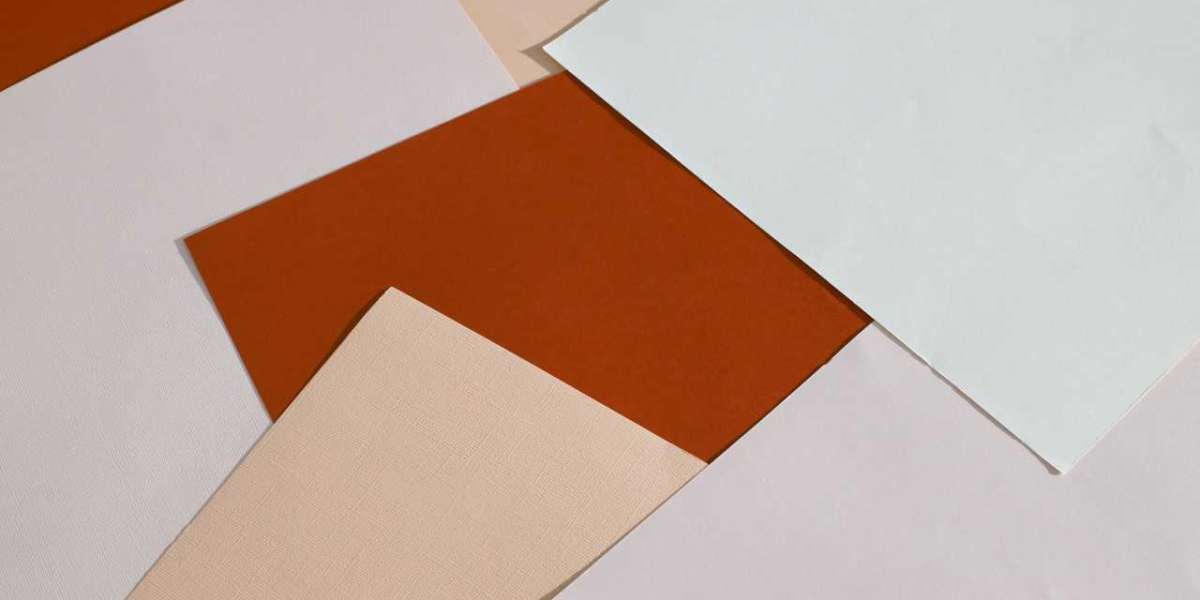When it comes to fishing, having a reliable rod holder is essential. It allows anglers to keep their hands free while waiting for a bite, ensuring a more enjoyable and successful fishing experience. However, with so many different materials used in manufacturing rod holders, it can be challenging to determine which one is the best fit for your needs. In this article, we will explore the pros and cons of various materials commonly used in rod holder production.

1. Plastic
Plastic rod holders are lightweight and affordable, making them a popular choice among anglers. They are resistant to corrosion, which is particularly advantageous for saltwater fishing. Plastic rod holders are also easy to clean and maintain. However, they may not be as durable as other materials and can become brittle over time, especially when exposed to extreme temperatures. Additionally, plastic rod holders may not provide the same level of stability as other materials, which can be a concern when dealing with larger fish.
2. Stainless Steel
Stainless steel rod holders are known for their strength and durability. They can withstand heavy loads and are less likely to break or bend compared to plastic or aluminum counterparts. Stainless steel rod holders are also resistant to corrosion, making them suitable for both freshwater and saltwater fishing. However, they tend to be more expensive than other materials, and their weight can be a disadvantage for anglers looking for a lightweight option. Additionally, stainless steel rod holders may require regular maintenance to prevent rust and keep them in optimal condition.
3. Aluminum
Aluminum rod holders strike a balance between affordability and durability. They are lightweight, making them easy to transport and install on a boat. Aluminum rod holders are also resistant to corrosion, although not as much as stainless steel. They are a popular choice among anglers who prioritize convenience and versatility. However, aluminum rod holders may not be as strong as stainless steel and can bend under heavy loads. They may also require occasional maintenance to prevent oxidation and ensure longevity.
4. Fiberglass
Fiberglass rod holders offer a unique combination of strength and flexibility. They are known for their durability and can withstand rough conditions without breaking or warping. Fiberglass rod holders are also resistant to corrosion, making them suitable for saltwater fishing. Additionally, they provide excellent stability and can handle larger fish without compromising performance. However, fiberglass rod holders tend to be more expensive than other materials, and their weight can be a concern for anglers looking for a lightweight option. They may also require occasional maintenance to prevent damage and ensure longevity.
In conclusion, the choice of material for your rod holder depends on your specific needs and preferences. Plastic rod holders are lightweight and affordable but may lack durability and stability. Stainless steel rod holders are strong and resistant to corrosion but can be expensive and heavy. Aluminum rod holders offer a balance between affordability and durability but may not be as strong as stainless steel. Fiberglass rod holders provide excellent strength and stability but tend to be more expensive and heavier. Consider your fishing style, budget, and the type of fish you target when selecting the material for your rod holder.







